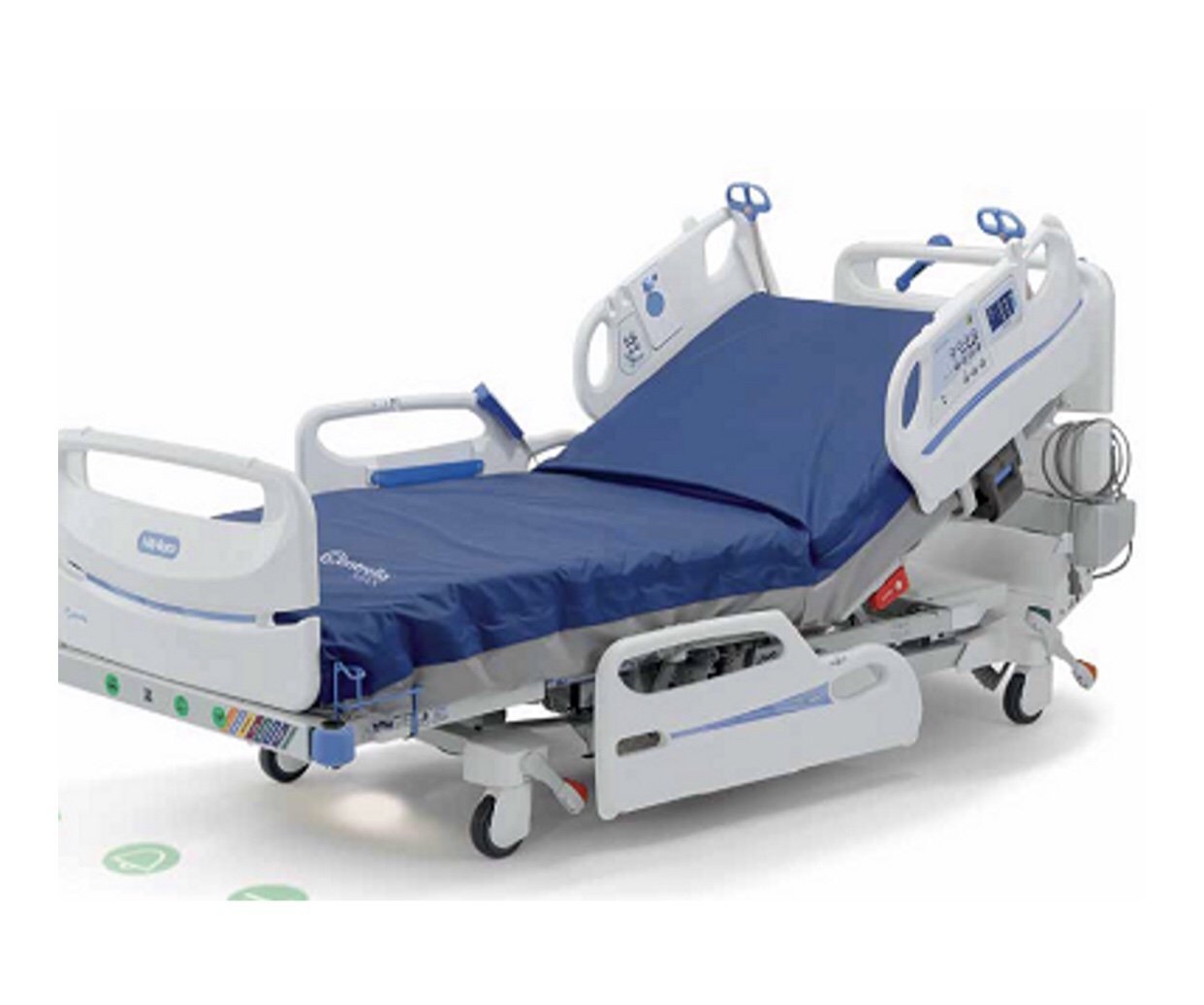Hospital beds are hugely significant in offering comfort and safety to patients whether it is for home care, recovery, or even long-term medical support. In Toronto, the nighttime healthcare demand is constantly increasing and thus, there is the availability of different types of hospital beds — some of which are supplied more frequently than the others.
So, if you are planning to rent or to buy hospital bed in Toronto, then knowing the common types would definitely make it easier for you to select the most suitable one for your situation, needs, and the like.
1. Manual Hospital Beds
Manual beds are those that need hand cranking for adjusting either the head, foot, or height of the bed. They tend to be the least expensive ones available on the market which is why they are mostly used for short term and when the price is an issue.
Common uses:
- Temporary recovery
- Basic home care needs
- Patients with assistance from caregivers
Pros:
- Cost-effective
- Simple design
- No need for electricity
Cons:
- Requires physical effort to adjust
- Less convenient for patients or families without help
2. Semi-Electric Hospital Beds
These beds are a mix of both electric and manual features. The head and foot sections can be adjusted with the help of a remote control while the total height has to be done manually.
Common uses:
- Home care for elderly or post-surgical patients
- Medium-term recovery needs
Pros:
- Easier to adjust than manual beds
- Cost-effective balance between functionality and price
Cons:
- Height adjustment still requires manual effort
- Slightly more expensive than manual beds
3. Fully Electric Hospital Beds
These are among the most commonly rented and purchased hospital beds in Toronto because of their high level of comfort and the easiest use. Every part of the bed — height, head, and foot sections — can be adjusted electrically with a hand-held remote.
Typical applications:
- Extended care
- Individuals with limited mobility
- Home based palliative care
Advantages:
Completely flexible with no manual work involved
- Applicable for both patient and caregiver usage
- As these beds are generally outfitted with safety rails and sophisticated positioning capabilities
Disadvantages:
- More expensive than semi-electric or manual beds
- Requires a power source
4. Bariatric Beds
They are designed for a patient who wishes to have a higher weight limit. They are wider, more durable, and usually fully electric.
Common uses:
- Patients over 350 lbs
- Specialized long-term care
Pros:
- Greater safety and comfort
- More powerful motors and stronger frames
- Also with pressure-relieving mattresses
Cons:
- The larger size may not fit in smaller rooms
- More expensive and less available
5. Low beds/Fall Prevention Beds are beds that are closer to the ground, which lessens the risk of injury from falls – especially for older adults and patients who are at risk of rolling out of bed. Typical Uses: Patients with dementia Older adults who may fall Wherever there are care homes or other residential care Advantages: Increased safety Typically compatible with fall mats Disadvantages: Not suitable for every mobility need Assessment: Electric hospital beds are the most frequently supplied beds in Toronto, primarily to offer the option of versatility of bed positions, as well as their comfort and ease of use. However, manual and semi-electric options haven’t lost their popularity among families that are budget-conscious or have short-term needs.
When selecting a hospital bed the patient’s condition, expected time of use, space availability and caregiver assistance are the main factors to consider. A trustworthy supplier based in Toronto can assist you in finding the most suitable option, and many of them even provide rental plans with prompt delivery throughout the Greater Toronto Area.






